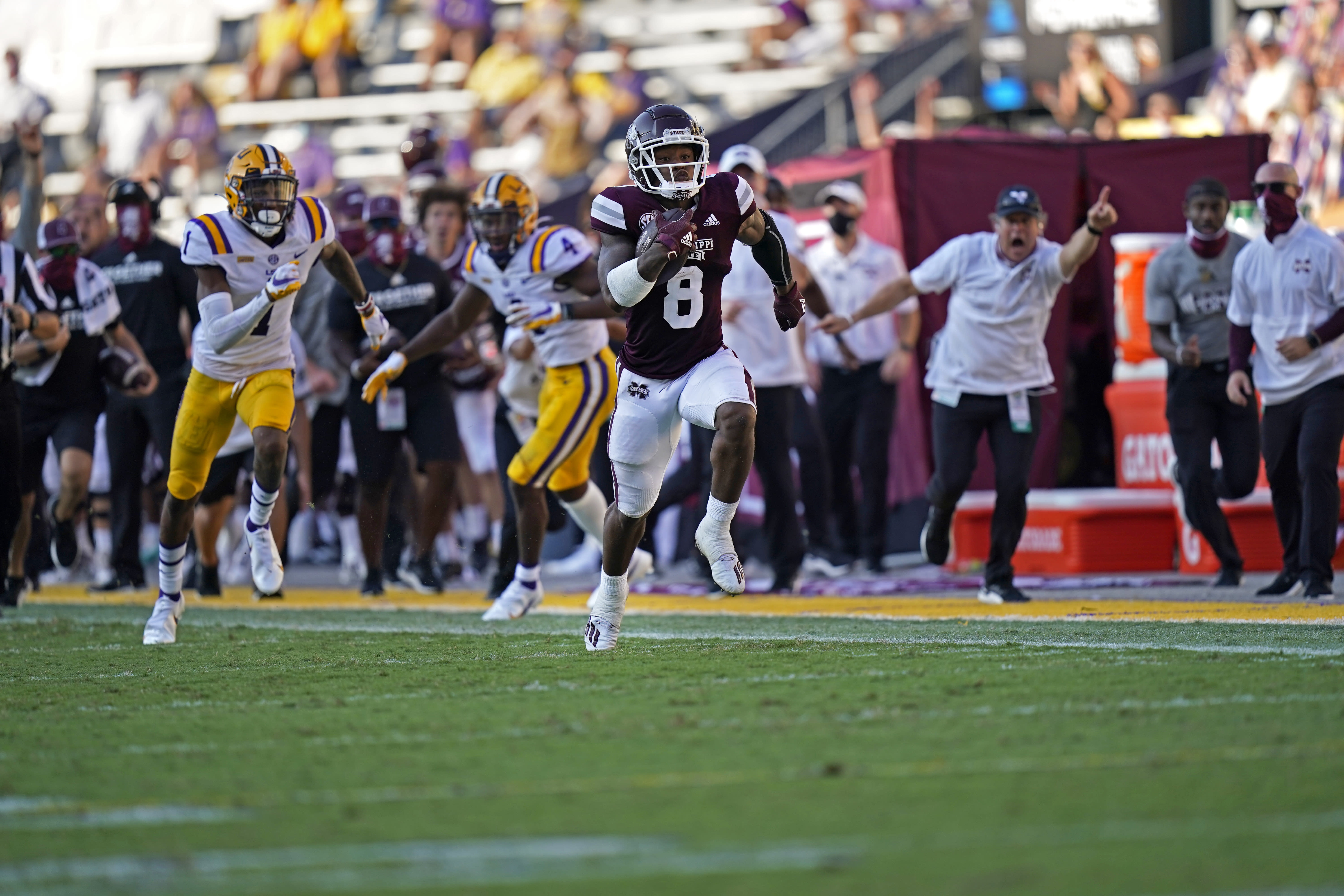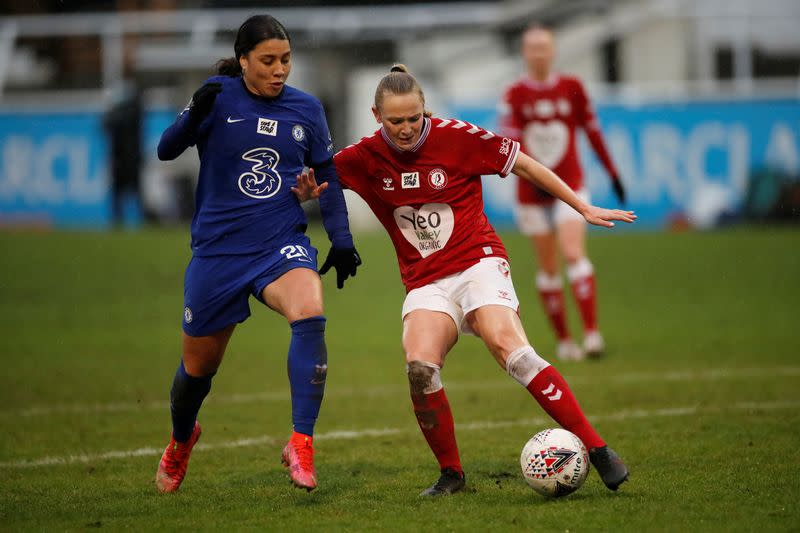MOBILE, Ala. (AP) — Senior Bowl players are spending their days this week meeting with NFL teams and getting practice instructions from NFL coaches. They get a different sort of tutorial in the evenings.
Former NFL players including Tony Richardson and Pro Football Hall of Famer Aeneas Williams serve as mentors for the prospects ahead of Saturday’s game. This year, that means virtual sessions on Wednesday and Thursday that are meant to help them adjust to life in the league — including handling the financial windfall some can expect.
“There will be some guys that are first-rounders and that first check could be $2 million and you’re looking at it like, ‘Oh my goodness, what am I going to do with this?’” said Richardson, a fullback who played 17 seasons among four NFL teams.
He didn’t face that problem coming out of Auburn in 1994 as an undrafted free agent, making $65,000 on the practice squad and feeling “rich.” Then Richardson learned about taxes and that the checks had to stretch out through the year, not just the season.
Most of the Senior Bowl players will make plenty more than that, and face a different set of challenges.
“It’s just making sure you have the right people around you, because we always tell these young people that once you sign that first NFL contract, you become a corporation,” Richardson said. “And every corporation has different people that work for your corporation.”
That means tasks like hiring a financial advisor, an accountant and someone to help project their desired image. Richardson said he still texts Las Vegas Raiders fullback and 2019 Senior Bowl alum Alec Ingold before each game and watches his film.
The NFL said former players participating in the virtual sessions include Nate Burleson, Cris Carter and Brett Favre. The sessions were also conducted ahead of the East-West Shrine Game last week.
Carolina Panthers coach Matt Rhule, who is leading the American team at the Senior Bowl, said those off-the-field lessons and counsel are “really, really important.”
“When I was 21-22 years old, I didn’t all of a sudden get a bunch of money,” Rhule said. “A lot of these guys are going to make a lot of money, and the decisions that they make will affect their future.
“They’ll build their future with the decisions that they make. I think there’s a responsibility from all of us to impart wisdom.”
Rhule said he spends part of team meetings discussing “what it truly means to become a pro.”
Williams, now a pastor in St. Louis, wants to convey his own experience with seeing other players burdened by money issues and “undue pressure” from family and friends.
“Invariably, some of those guys’ careers were cut short because of the distractions,” he said.
At his 2014 Hall of Fame speech, Williams recalls encouraging young players to “begin with the end in mind” and to sit down and envision what they want to accomplish on and off the field.
HIs other point, he said, “is to die empty, meaning exhaust your potential.”
“If the first one is not done, there’s a high probability the second one won’t be done,” Williams said.
Richardson said the message is typically well received, even by some players who behave as if they’re not paying attention.
“If one or two guys walk out of that room learning something or opening their eyes to make better decisions or take care of themselves better, then it was well served,” Rhule said. “I think it’s great. I think it’s a responsibility we have when we’re working with young people.”
___
More AP college football: https://apnews.com/Collegefootball and https://twitter.com/AP_Top25







